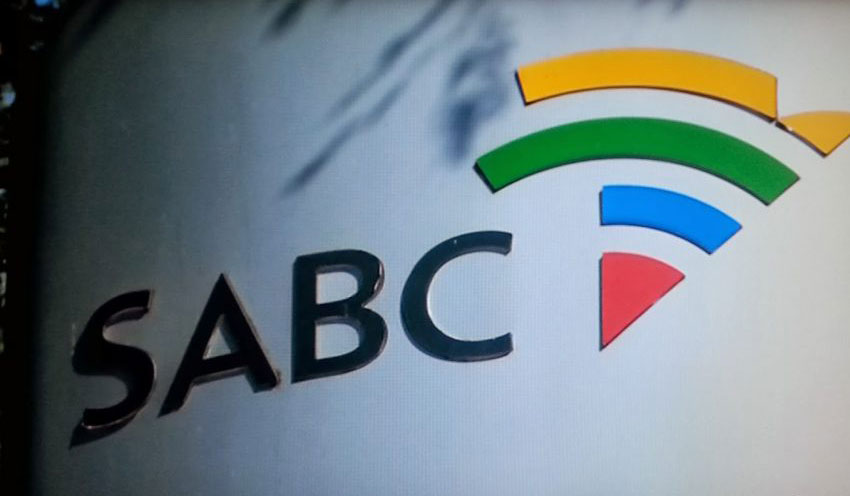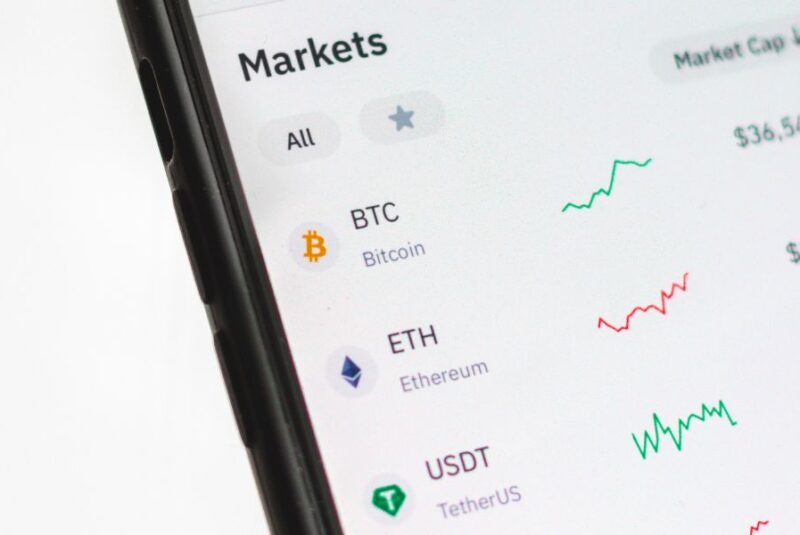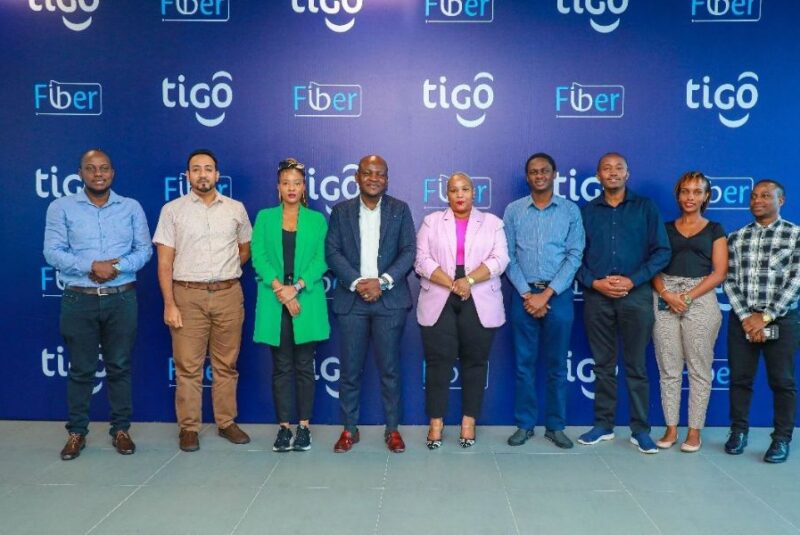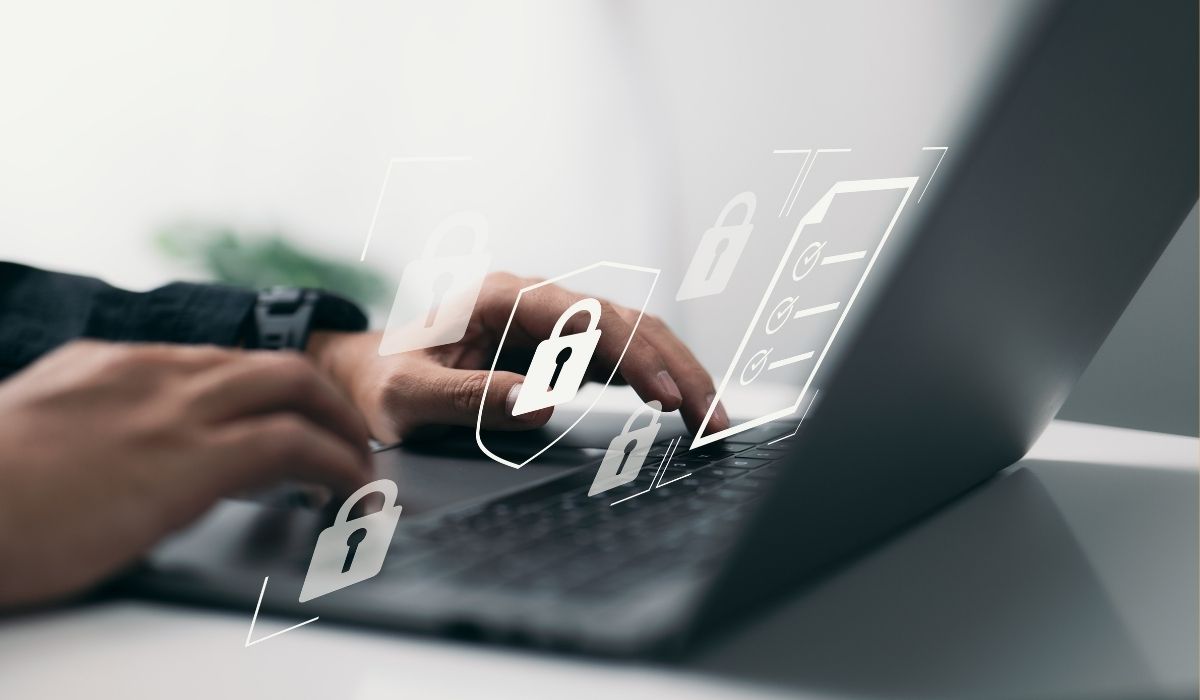On 20 October 2020, Pinky Kekana, the Deputy Minister of Communications, in a presentation to Parliament’s Portfolio Committee on Communications, put forward a number of proposed legislative measures aimed at improving the SABC’s revenue shortfalls. The proposed regulations included:
- requiring pay-TV service providers like MultiChoice (DStv) and Netflix to collect TV licences on behalf of the public broadcaster; and
- expanding the range of devices on which licence fees would be payable to include, inter alia, smartphones and tablets, and not only conventional television sets.
This proposal, only a few days after it was presented and reported, is already the subject of some quite passionate debate and controversy. The measures are widely seen as a desperate measure to address the SABC’s dire financial plight without addressing the reasons that created it in the first place – corruption, inefficiency and political interference – and shift responsibility for generating and collecting revenue for the national broadcaster’s benefit, to the private sector.
The low levels of collections the SABC has achieved to date may largely be attributed to public resistance to funding what is seen to be endemic wastage and corruption, and there is understandably considerable resistance to widening the revenue base if the funds are going to be similarly misused.
In this piece, we attempt to look beyond the emotion and analyse the practical, legal and logistical issues that will have to be confronted if the Deputy Minister’s proposals are to be successfully legislated and implemented.
The duty on members of the public to obtain and pay for television licences arises from section 27 of the Broadcasting Act, 4 of 1999. In terms of the section, the liability to pay a licence fee arises from owning and using a TV set (in other words, it is purely related to the hardware), and not what program content you are accessing. A TV set owner who is subscribed to a pay-TV channel has the same obligation to obtain and pay for a TV licence as one who only watches the SABC’s programmes.
In terms of section 27(1)(b), dealers are not allowed to sell TV sets to anyone who is not in possession of a licence and are therefore effectively made part of the enforcement mechanism (notably, they are not actually obliged to collect licence fees). It would be easy enough to introduce a similar regulation obliging a subscription service provider to ensure that a potential subscriber has a licence before making the service available. The more difficult issue arises if the SAB is actually going to try and compel the service providers to collect the licence fee and pay it over to the SABC. In this regard, having regard to reality of the way in which internet services are typically provided, some challenges arise as to how the proposals are to be implemented in practice:
- In the case of many, if not most, subscription services, the contracts between the subscriber and the service provider run from month to month and a monthly. Will a service provider have to confirm once a month that every subscriber has a licence? Or will they have to keep a record of how long each subscriber’s TV licence has left to run when their subscriptions commence and ensure that it is renewed prior to expiry, before continuing to provide the subscription service?
- If a subscriber receives content from several service providers, which one will bear the primary responsibility of collecting the licence fee?
- As mentioned, the obligation to obtain a TV licence arises when a person owns and uses a “television set”. Amongst the Minister’s proposals is that the range of devices on which licence fees will be payable should be expanded to include laptops, smartphones and others on which video content can be received and viewed. This is in fact a bit of a red herring; the Television Licence Fees Regulations published in terms of the Broadcasting Act define a “television set” for which a licence is required, as “any apparatus designed or adapted to be capable of receiving transmissions broadcast in the course of a television broadcasting service”, a definition wide enough to include smartphones, tablets and laptops. So, no amendments to the existing legislation actually seem to be necessary to give effect to this idea. However, it does raise a question regarding retailers of these devices, and network service providers who provide the devices as part of a package to subscribers – should they in fact be insisting on seeing every customer’s TV licence before they supply the device?
A question also arises as to the legal authority of the SABC to delegate the authority to collect licence fees to businesses in the private sector. In some of the media coverage of the proposal, it has been reported that the SABC has said that requiring the providers of subscription services to collect TV licence fees “would be similar to municipalities collecting traffic fines and motor vehicle licence disks”. There may be a similarity in that the duty to collect revenue due to a particular entity (in the case of vehicle licences, the provincial government) is delegated to another body, but there the similarity ends. The National Road Traffic Act and the regulations promulgated under it expressly allow the “Shareholders Committee” appointed in terms of the Road Traffic Management Corporation Act to designate local authorities as registering authorities. No such authority exists in terms of the Broadcasting Act; a provision permitting the SABC to delegate the collection of licence fees was actually deleted in 2003.
It is also interesting to note that there does not appear to be any global precedent for the proposed system. In countries where television licence fees are collected by a body other than the national broadcaster itself, they are generally billed along with fixed line telephone services or electricity. Given the credibility issues around the providers of both of those services in South Africa, it is unlikely that public resistance to paying television licence fees is going to be any less if those precedents are followed.
The fact that very few, if any, other countries have imposed a duty on private sector service providers to collect licence fees on behalf of the public broadcaster may well be an indication that the legal, logistical and economic obstacles simply do not make it viable. One issue that immediately comes to mind is the cost; the service providers will have to establish an entirely new layer of administration to monitor the invoicing and collection of fees. In order for the system to run effectively, that would have to include provision for legal action against defaulters. It is unlikely that any private business will react kindly to having to bear an additional layer of expense from which they will not benefit.
The process of making any proposals into enforceable law is always a long road, with any number of public hearings, parliamentary debates and drafts and redrafts of the regulations to be expected. This is especially so in the case of a controversial measures like this one, and it is likely to be some time before it becomes enforceable law, and if it does, whether it will not meet with the same public resistance that doomed e-tolls to failure











